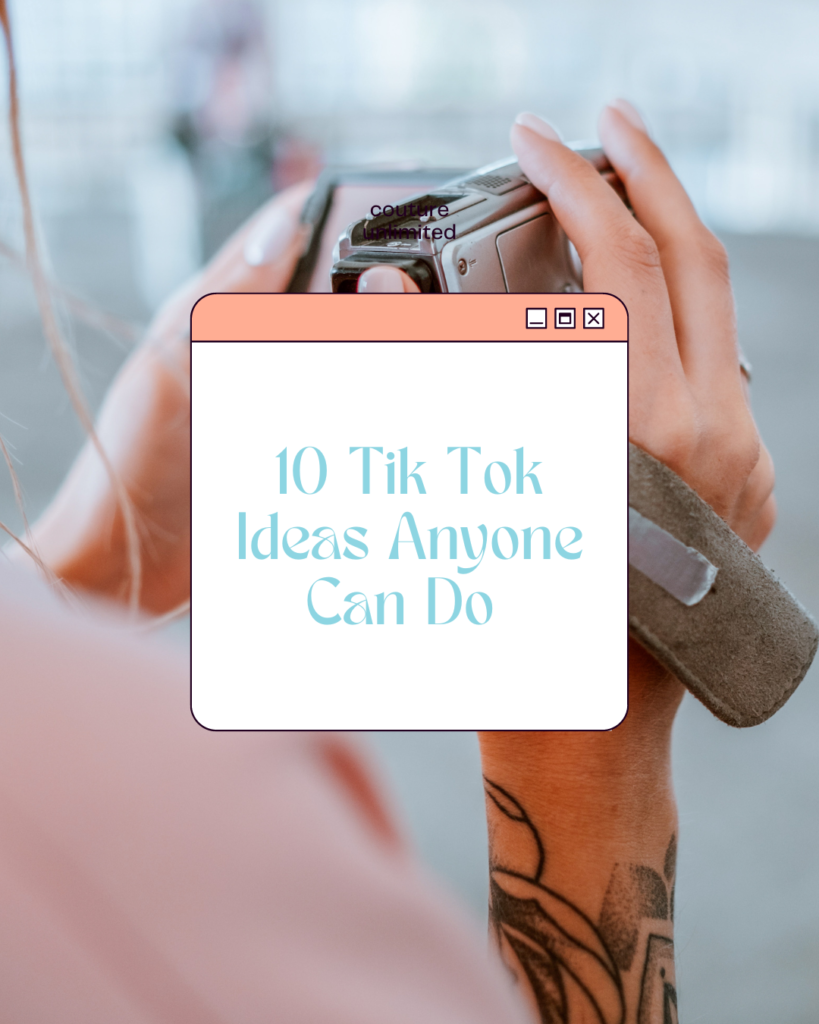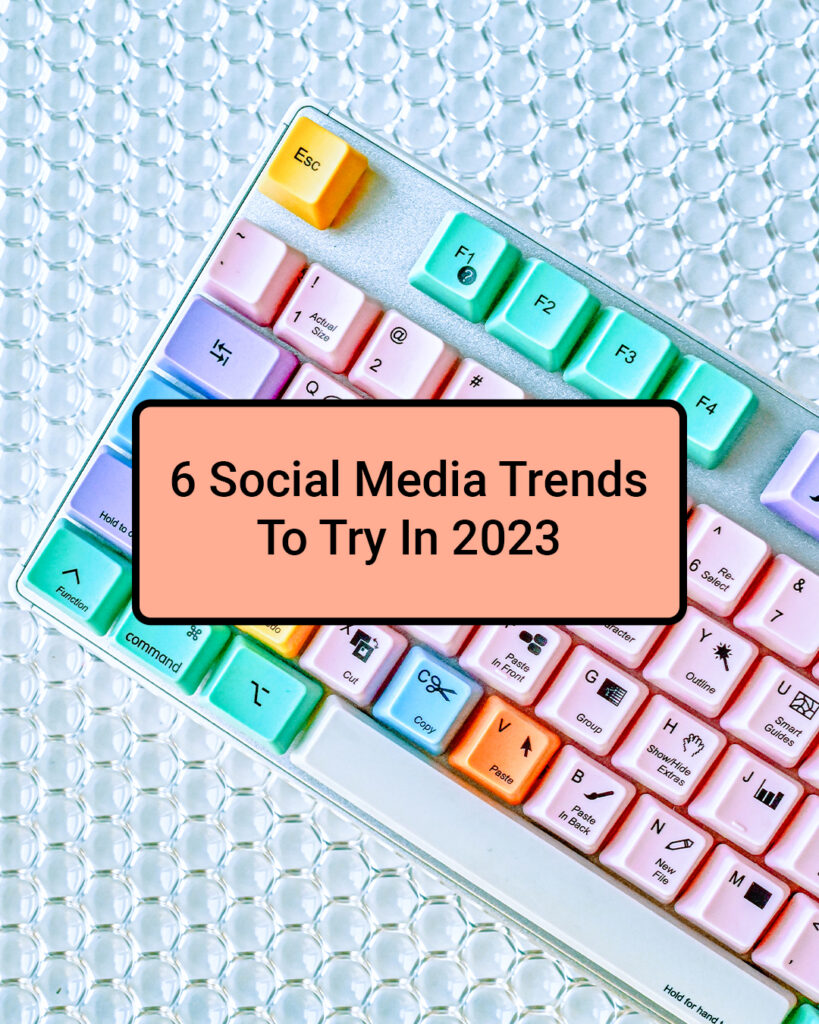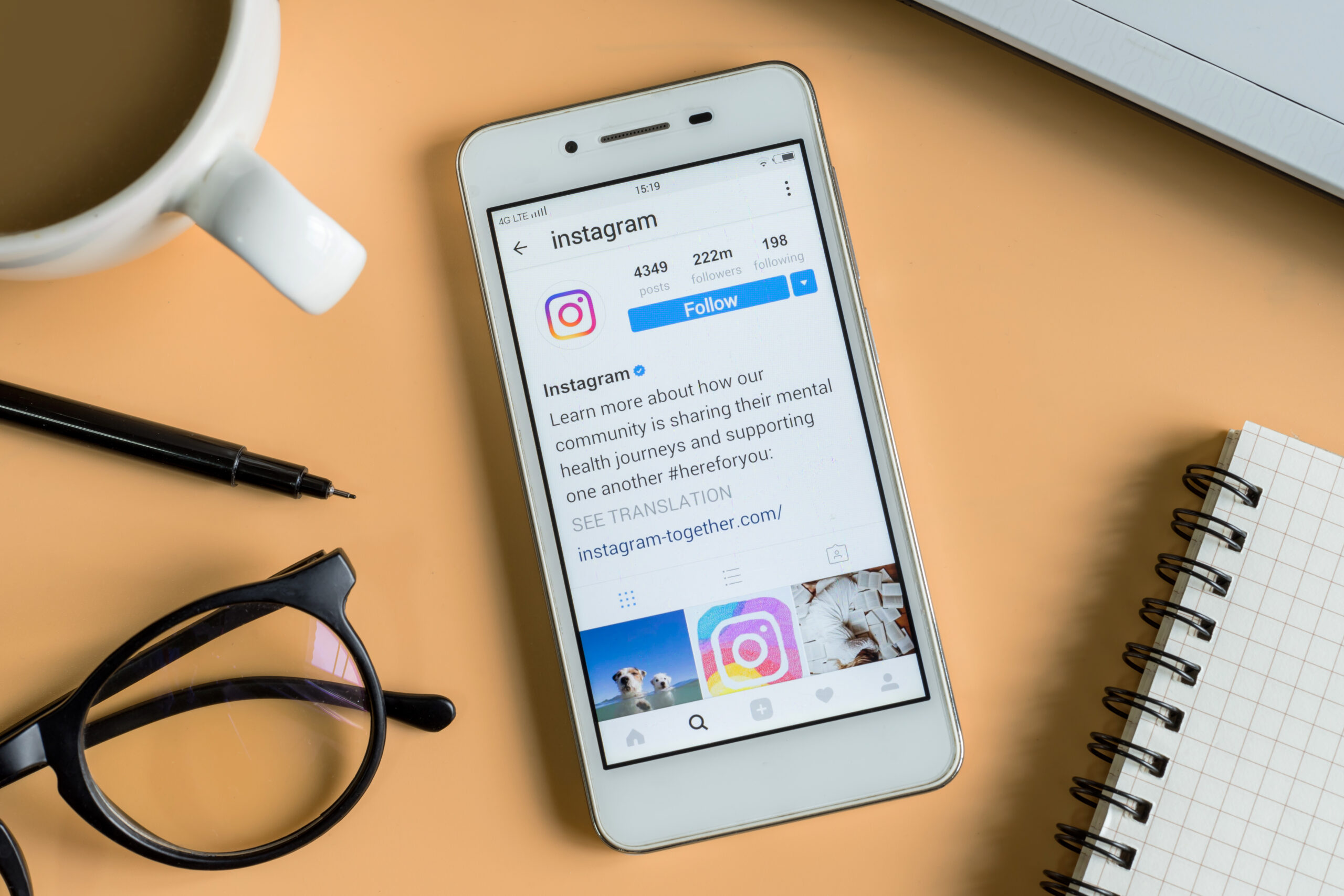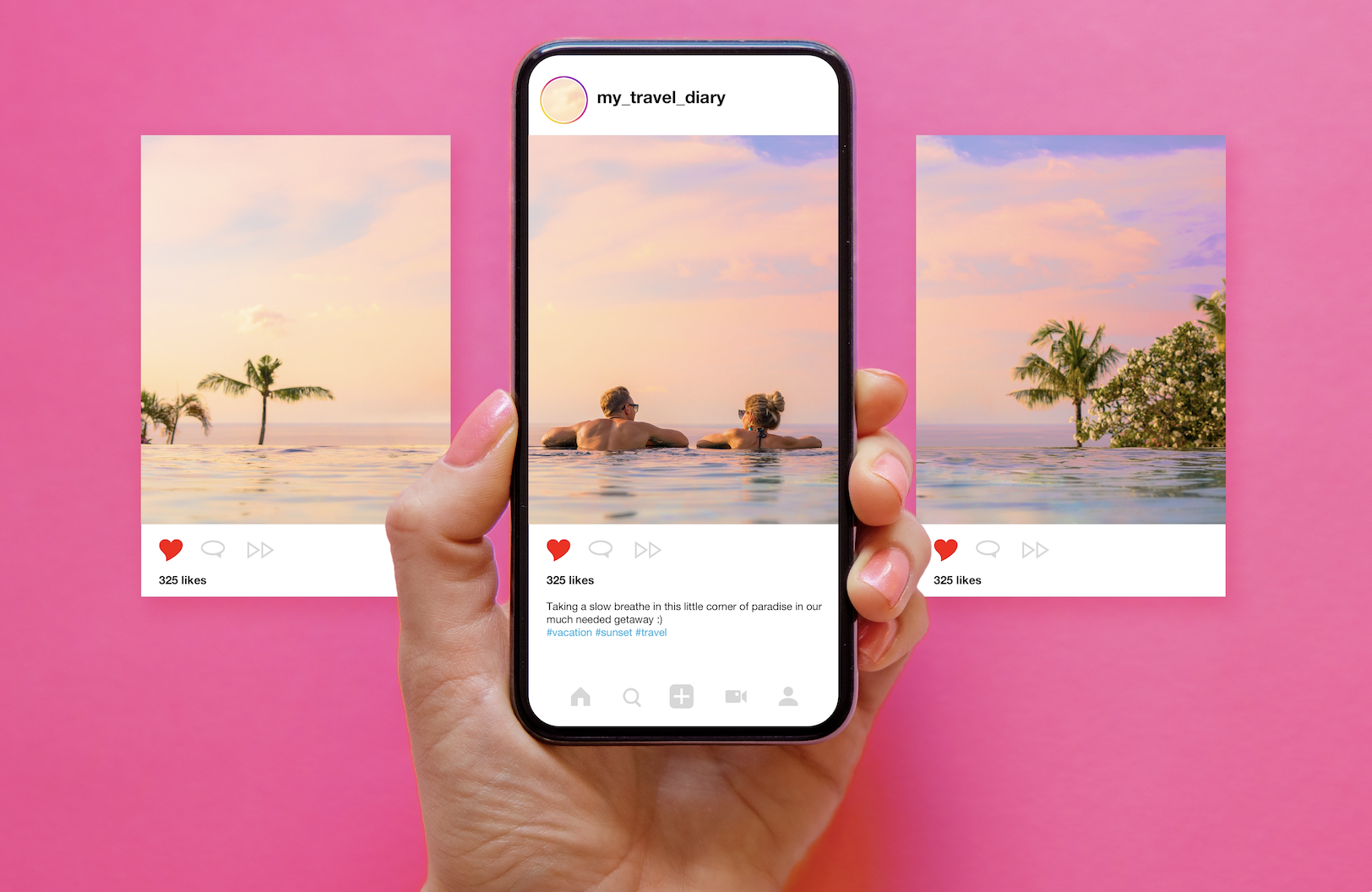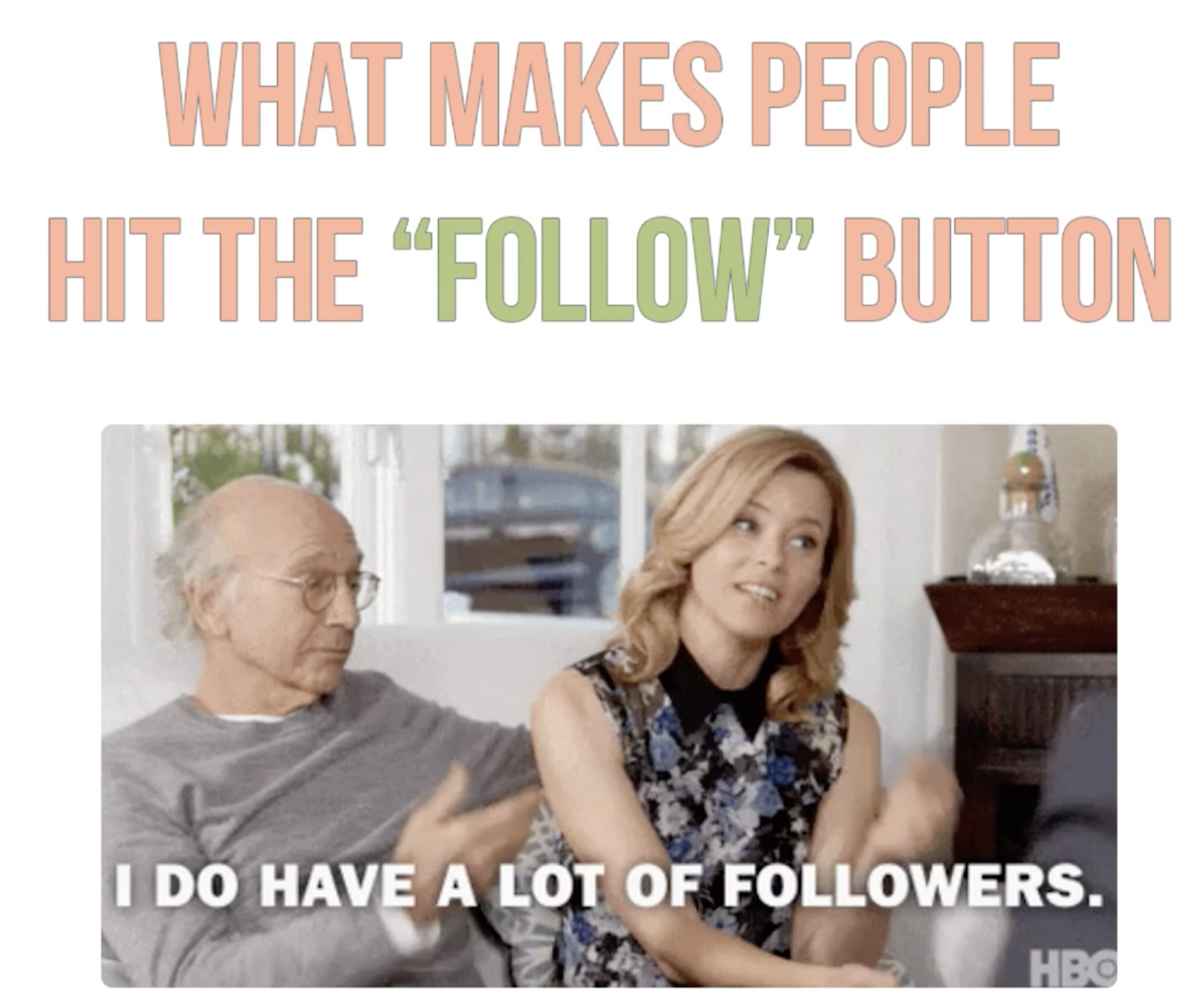How do your customers find you online?
It seems like an obvious question. They go to your website, of course. But if they’ve never heard of your business, how else would they stumble across your site?
This is where search engine optimization (SEO) comes in, a way for you to better your website so Google and other engines can find and share your content with their users.
A Brief History
There are many ways to optimize your site, but previously, the best way to get your page to the top of search results was through link building. This meant getting links to your site placed around the web to increase your PageRank (the level of authority Google gives your site). Then, as with most things, people went overboard with this tactic, trying to game the system by paying for links in a high volume of places.
To combat this problem, Google started assigning weight to these links. Low-quality (say, on a spammy page with nothing but a bunch of paid links) and higher-quality links (the New York Times linked to you, for example) were given appropriate values and the linked website was ranked accordingly.
Keywords were – and still are –important in helping Google decide if your website matches a certain query. But again, this was abused and keyword stuffing became an issue. Thus, Google had to change its focus again.
So how does Google determine value today? Weighted links and keywords are still taken into consideration, but the search engine has shifted much of its focus to providing value to users and creating a more personalized experience.
This is where social media comes in.
Social Media’s New Role
All of your activity on social networks translates into “signals,” which sort of act as votes for your website. It’s more important than ever to create actual relationships and engagement on these accounts by sharing useful, valuable content with your readers. So, the more you participate and foster engagement with your fans, the better. This is the new link building.
The old way had those links just sitting there untouched, for the most part, and only contributed to authority; but what good does that do if no one is actually visiting your site? Social links drive traffic and build engagement (if your content is relevant), and they’re a natural signal to Google that your site features some valuable stuff.
Share and Be Shared, and You Shall Prosper
Well, not exactly.
You should be sharing all of your website’s great content on your social networks, and should definitely have social sharing buttons available on your blog to build organic links. In fact, content that has been tweeted numerous times is indexed twice as fast, according to SumAll, and content with a high volume of shares often have high rankings.
But correlation does not equal causation, Matt Cutts, head of Google’s Webspam team, emphasized in a video earlier this year.
“It’s probably that there’s something really awesome, and because there’s something awesome, then it gets a lot of likes on Facebook and a lot of people decide to link to it,” Cutts said. “The better content you make, the more people are to like it.”
This, of course, does not include Google+, since Google can do whatever it wants with its own network. There is plenty of speculation and no official word, but it appears that the more active you are on Google+, the better chance you have at scoring a higher rank.
So How Does Social Media Actually Help With SEO?
Studies have shown that higher social signals do correlate with higher search rankings, such as this report by SearchMetrics. This, paired with Cutts’ video comments, implies that these links don’t directly contribute to better search visibility, but certainly do help.
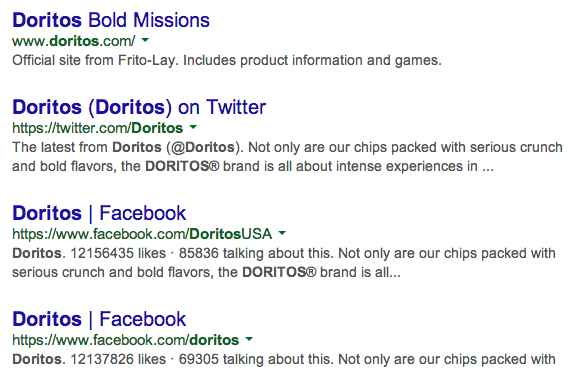
Outside of sharing website content, your profiles should be filled out properly, including keywords to help people find your business, as many companies’ profiles appear right alongside their actual website in search results. Doritoas, above, is a large-scale example, but if someone is searching specifically for your company, you want your social networks to appear as well.
If you have a physical location, Facebook and Twitter aren’t the only places for you. The new Google My Business feature encompasses three tools in order for you to control your appearance in search results (Google+, Search and Maps). Make sure to fill out your Foursquare and Yelp pages, too, and keep addresses and phone numbers up to date on all profiles so you can reach local customers.
Remember, too, that each social network has its own dedicated search engine as well, which have entirely different algorithms from regular search engines. A complete profile will help customers find you more easily.
And How Will Social Media Help My Business?
If you watched the video, you’ll notice Matt Cutts said Google doesn’t have signals in its algorithm for the number of fans and followers an account has. I’m inferring here, but this may be because follower number doesn’t really matter!
Yes, you read that right. Get rid of that idea. It’s about engagement and the value you provide to your readers.
If you have 10,000 followers and nobody’s connecting with you, what’s the point? Especially for SMBs, a smaller, but more engaged following is better than your updates going out into the wind. Social media is your chance to show that you have a personality and that you care about your audience, increasing brand awareness and staying fresh in their minds.
And remember, engaged users eventually turn into customers!
